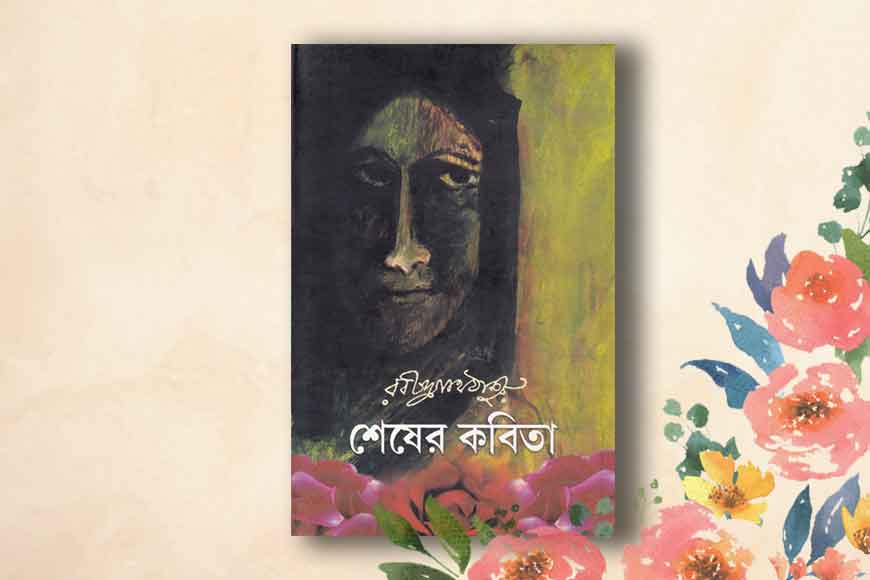‘Hold your tongue and let me love’

Hold your tongue and let me love… Here was a kind of love scripted in the late 1920’s by an author in his late sixties and yet it is celebrated even in the 21st century as one of the most read romantic novels of Bengali literature. Rabindranath Tagore’s Sesher Kabita stands out from the rest, even decades after its creation as a tale with a difference! Every time one reads and re-reads this novel that was almost like a Gita in our teenage years, with the book kept handy for quotations, one often wonders about the imagery of the quaint hill station of Shillong that the author throws up and almost robs the sensitivities of a reader by transporting them to an ideal place where one can fall in love. Be it the moonlit pine forests where Amit and Labanya spend their quiet moments of togetherness or even the rhododendron flowers along the winding mountain paths. But surprisingly Shesher Kabita was written by Tagore while he was in Bangalore, and not in Shillong!
In 1928, the novel was serialised and published in the magazine Probashi. Later, it came out as a book. World literature does throw up many relations like the one between Amit Roy and Labanya, but almost in all cases they end up in tragedy, hiding the love of ‘inequalities’ and never giving a seal to it. Be it Lady Chatterley’s Lover, that created a stir because of its sensuality and out of the box affair, or even Sarat Chandra Chattopadhyay’s much celebrated Devdas, love has always been weakened through the pangs of a tragic end. Tagore’s Shesher Kabita goes far beyond that --- probably the only super successful romantic novel that does not end in tragedy, rather in a tone where love is set ‘free’ from the bondages of daily chores.
In Amit’s (Amit Ray is the Oxford educated barrister and the male protagonist) own words: “Most barbarians equate marriage with the union, and look upon the real union thereafter with contempt. Ketaki and I - our love is like water in my kalsi (jug); I fill it each morningand use it all day long. But Labanya’s love is like a vast lake, not to be brought home, but into which my mind can immerse itself.” And neither Labanyanor Amit holds any grudge that their union through marriage fails, and that they get married to those who would probably make the best spouses for them.
It is here, that Shesher Kabita wins over all romantic novels of Bengali literature down the ages. In its idea of how love is celebrated even through parting. And how romance can be killed through the grind of daily chores. Rabindranath Tagore’s biographer Krishna Kripalini in the forward of the translation of Shesher Kabita writes: “Labanya releases Amit’s own submerged depth of sincerity, which he finds hard to adjust to..... The struggle makes him a curiously pathetic figure... The tragedy is understood by the girl who releases him from this and disappears from his life.” And the tragedy is averted. Amit Ray is not a tragic hero, rather he starts his family life with Ketaki, who also sheds all her Western influences and tries to be the Indian bride that Amit had always eulogized.
The adaptability of the content of Shesher Kabita probably makes it not just one of the most mature romantic tales, but also one that transcends all barriers --- of time and space and is still relevant even today. So why wait? This V-Day sit and read Shesher Kobita once again.










